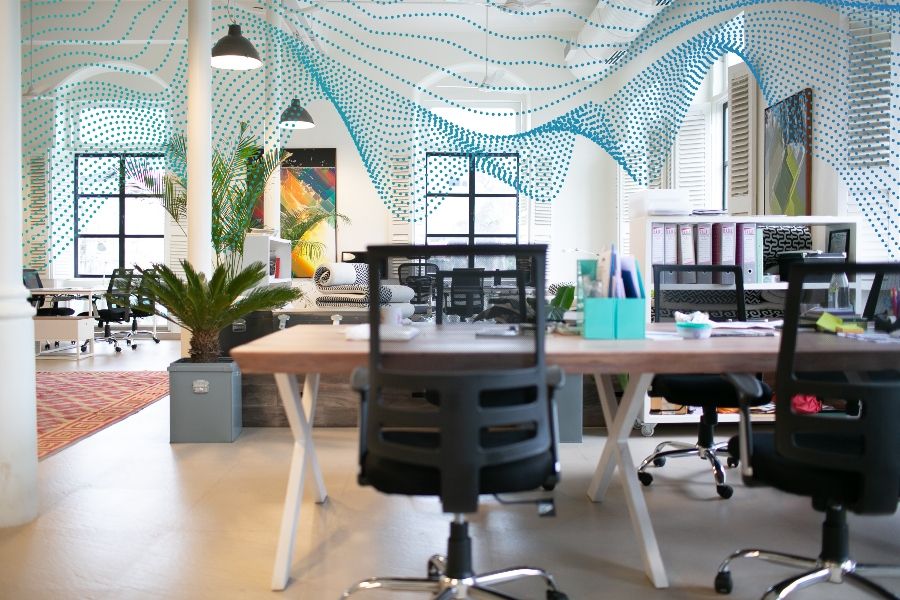Before the pandemic, spending five days a week in the office from 9 a.m. to 5 p.m. was the norm for many employees. Today, that routine is likely a part of the past. For those who are more productive in their home offices, that’s thrilling news; for others, it signifies the erosion of workplace culture.
According to a survey of 3,200 people on Blind: Anonymous Professional Network, only 9 percent predict that their old schedules will resume once it is deemed safe to return to the office. But most envision that the efficient hybrid model, with some employees coming to the office and others staying at home for the long term, will come to dominate work setups, especially since corporate giants like Google are embracing this approach.
The Blind survey of its 3.6 million verified users also reveals that only 10 percent of respondents expect their companies to transition fully from office to remote work life, with 45 percent admitting that not being able to get together in person with colleagues has had a negative effect on their work. That sentiment is voiced by 64 percent of Facebook employees, 63 percent of Google employees, and 56 percent of Uber employees who believe the loss of a team dynamic has hurt their work since the beginning of the pandemic.
While a Lyft employee notes that “brainstorms/fruitful chance encounters don’t happen” when coworkers aren’t in the same room, an Apple employee shared another practical perspective: “Everything we need to do can be done via Webex.” For other respondents, the motivation to get together transcends projects and clients. Says one SourceOne employee: “I am social. I want to hang out with my coworkers.”
A version of this article was originally published by Commercial Integrator.






